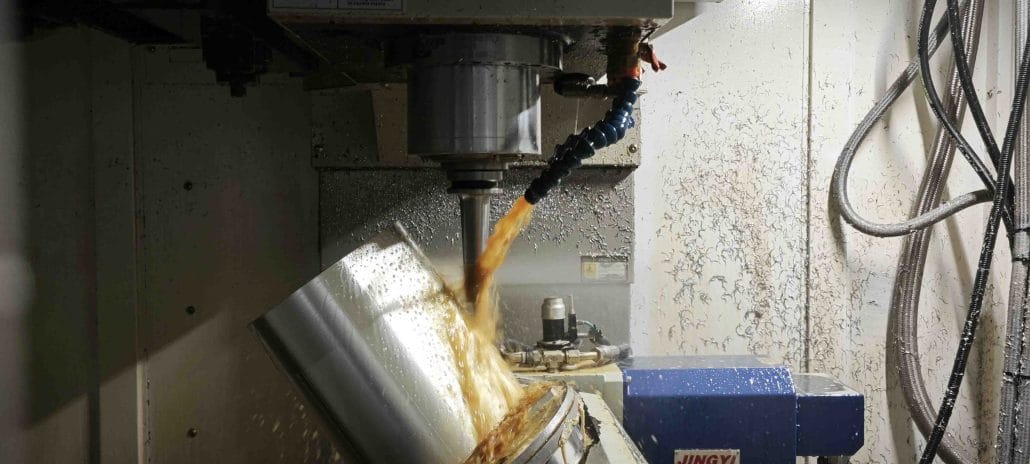CNC machining or Computer Numerical Control machining is a manufacturing process that uses computer software to control the movement of tools and machines. It has become a popular manufacturing method in various industries due to its precision, speed, and efficiency. However, CNC machining can differ based on the industry it is used in. In this article, we will discuss how CNC machining differs based on the industry.
Aerospace Industry
The aerospace industry requires complex and large parts that must meet strict regulations and standards. CNC machines used in the aerospace industry are designed to handle high volumes of materials and work with tight tolerances. The materials used in this industry are typically aluminum, titanium, and high-temperature alloys. The CNC machines used in the aerospace industry require high accuracy and precision to ensure the safety and reliability of the aircraft.

Aerospace parts require a high degree of precision and accuracy to ensure the safety of the aircraft. CNC machines used in the aerospace industry are designed to handle large and complex parts while ensuring that they meet the required standards and regulations. These machines work with materials such as aluminum, titanium, and high-temperature alloys, which are used in the construction of aircraft parts.
Automotive Industry
In the automotive industry, CNC machines are used to produce various parts such as engine blocks, cylinder heads, and suspension components. The CNC machines used in the automotive industry are designed to work with a wide range of materials, including aluminum, steel, and plastics. The machines used in this industry are also capable of producing parts with high accuracy and precision.
The automotive industry relies heavily on CNC machining to produce parts for cars, trucks, and other vehicles. These machines can work with a wide range of materials, such as aluminum, steel, and plastics, and produce parts with high accuracy and precision. This industry uses CNC machines to produce various parts, including engine blocks, cylinder heads, and suspension components, among others.
Medical Industry
CNC machines used in the medical industry are designed to produce complex and intricate parts. The machines used in this industry are typically smaller in size and work with materials such as titanium, stainless steel, and plastics. The parts produced by these machines are used in various medical devices such as implants, surgical tools, and instruments. The CNC machines used in the medical industry must meet strict regulations and standards to ensure the safety and reliability of the devices.
The medical industry relies heavily on CNC machining to produce medical devices such as implants, surgical tools, and instruments. These machines are designed to produce complex and intricate parts with a high degree of accuracy and precision. The materials used in this industry include titanium, stainless steel, and plastics, among others. The CNC machines used in the medical industry are subject to strict regulations and standards to ensure the safety and reliability of the devices produced.
Electronics Industry
The electronics industry requires CNC machines that can produce small and intricate parts with high accuracy and precision. The machines used in this industry work with materials such as aluminum, copper, and plastics. The parts produced by these machines are used in various electronic devices such as smartphones, laptops, and tablets.

The electronics industry relies on CNC machining to produce small and intricate parts used in electronic devices such as smartphones, laptops, and tablets. These machines are designed to work with materials such as aluminum, copper, and plastics and produce parts with a high degree of accuracy and precision. The parts produced by these machines are used in various electronic devices, including memory cards, circuit boards, and other components.
Conclusion
CNC machining has become an essential manufacturing method in various industries. However, the CNC machines used in each industry differ based on the materials used, size, and complexity of the parts produced. Understanding the differences in CNC machining based on the industry can help manufacturers choose the right machine for their specific needs.
In conclusion, CNC machining has revolutionized modern manufacturing by providing a fast, precise, and efficient method of producing parts. The aerospace, automotive, medical, and electronics industries rely heavily on CNC machining to produce parts for their products. Each industry has specific requirements and standards that must be met, and CNC machines are designed to meet those requirements. Understanding the differences in CNC machining based on the industry is crucial in choosing the right machine for specific needs.

